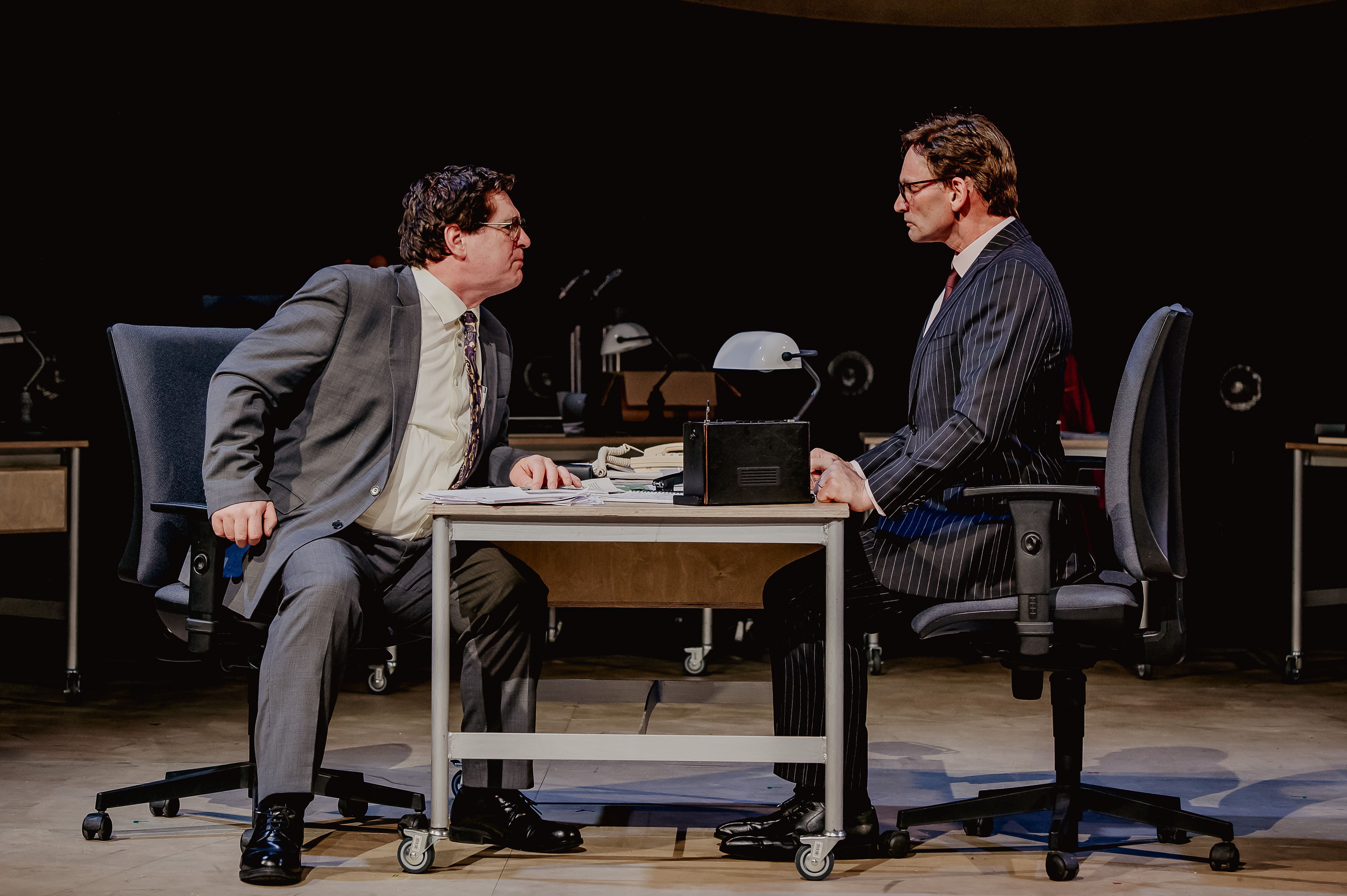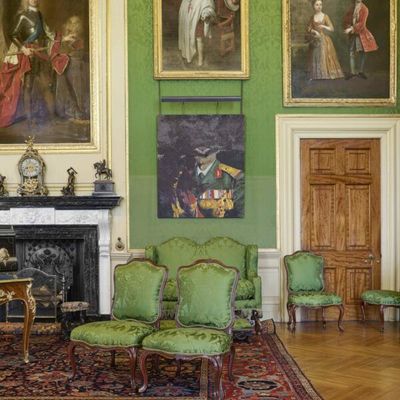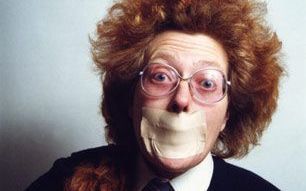POLITICIANS here are a bit dour and can learn from our artists who have a lot more vision in terms of imagination. That was part of the message from the Irish Association's pre-theatre panel at the Lyric.
The principal objective of the Irish Association is the promotion of communication, understanding and co-operation between all the people of Ireland, North and South. The Association is non-party political and non-sectarian in character.
Any mention of culture in the Good Friday Agreement was about the demarcation of identity and not artistic expression, the audience heard, yet artists are leading the way in dealing with so many issues, such as victims and survivors, domestic violence and suicide prevention, to name a few. All this work goes on through a small breathing hole in the frozen arts cap of the artistic funding landscape. That is a huge failure.
There was a discussion on the huge disparity between arts funding in the North and South of Ireland. The Lyric is effectively the 'National Theatre of Northern Ireland', yet every word of that phrase is contested and so it has to do the same work as National Theatres in term of new writing, training and outreach as national theatres in Dublin and Britain with a drop in the ocean of funding compared to them.
While the panel discussion was very theatre-focused, other art forms got a mention with with Dr Eimear O’Connor of the Tyrone Guthrie Centre speaking of the support they offer artists, whether they are working or not. Some artists, we heard, start crying when they first arrive because they are overwhelmed by the support on offer.
Bob Collins reminded everyone gathered that until the 1990s in the South the arts support was pretty Philistine and this has changed not because of societal cohesion but because there was a political decision that this was a good thing to do.
The question was also asked, why did the Queen meet Martin McGuinness in the Lyric? Was it because it was a non-contested space? While some in the audience moaned about any funding going to the arts, the rest were excited about seeing Agreement, the play by Owen McCafferty, directed by Charlotte Westenra, which followed immediately after the panel discussion.
Executive producer Jimmy Fay pointed out that there were many involved in the Good Friday Agreement and the play does not involve all the leading players – there are other stories still to be told. For now, Agreement concerns itself with a focused canvas and explores how you can find agreement with someone diametrically opposed to you.
What followed was a brilliant quickfire focus on that matter of days and hours – which for any of us who experienced that time is a must-see and will go down in theatre history. For those who were not alive or too young then, it can help everyone learn something about our recent past.
The play has risen above, as it were, allowing a space in one hour and forty five minutes to encapsulate a complex series of interactions via a quite brilliant set by Conor Murphy (no, not that one, the other one).
Highly recommended.
• You can read Anthony Neeson’s review of Agreement here. Agreement continues at the Lyric Theatre until April 22.








